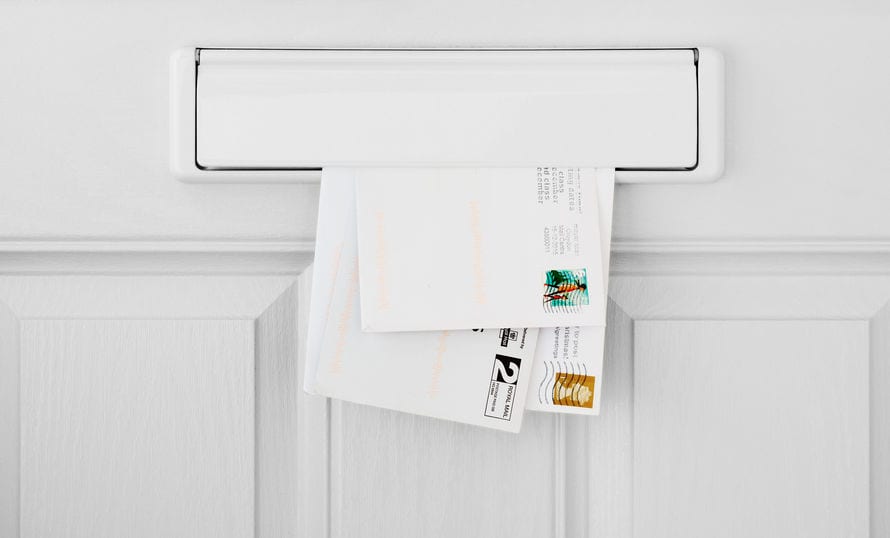In an effort to ease the financial burden on taxpayers during the COVID pandemic, the IRS took a hiatus for sending out automated collection notices beginning in February of 2022. That pause is now coming to an end as the IRS catches up with the backlog caused by pandemic disruption.
Marking this return to business as usual for unpaid taxes, some taxpayers who had not been receiving automated IRS collection notices will begin receiving the new IRS letter LT38.
What Is IRS Letter LT38?
IRS letter LT38 is a reminder to taxpayers that they have an outstanding tax debt. Although balance due notices from the IRS were paused for the last two years, penalties and interest have been accruing.
LT38 is being sent as a heads up to everyone who owes the IRS back taxes. This advance notice from the IRS will give delinquent taxpayers time to make payment arrangements before the IRS starts more aggressive collection efforts. These include liens, wage garnishment, and bank account levies.
In addition to LT38 letters, the normal IRS balance due reminder notices, like the CP500 series, are set to resume in early 2024. Note that the IRS did send a CP14 notice for tax balance due even when subsequent collection notices were paused.
Who Will Receive Letter LT38?
The IRS will send an LT38 letter to all individuals and businesses that owe taxes and don’t already have an IRS payment plan, installment agreement, or Offer in Compromise in place to pay off the tax debt.
In many cases, LT38 will notify individuals with tax debts prior to 2022 taxes and businesses with tax debts prior to 2023 taxes.
When Will the IRS Send LT38 Letters?
IRS letter LT38 will be mailed in January of 2024.
What Automated IRS Notices Will Resume Once the IRS Mails Letter LT38?
The suspended IRS notices that are set to resume in 2024 include:
- English CP59 and Spanish CP759: Notice a prior year’s return wasn’t filed.
- English CP516 and Spanish CP616: Delinquent return, second notice.
- English CP518 and Spanish CP618: Delinquent return, final notice.
- CP501: Outstanding balance, first reminder.
- CP503: Outstanding balance, second reminder.
- CP504: Outstanding balance, third reminder and notice of intent to levy wages and bank accounts or seize property if not satisfied.
- 2802C: Notice withholding is too low.
- CP80: Payments credited to a tax account with no filed return for the tax period.
- English CP259 and Spanish CP959: Delinquent business return, first notice.
- English CP518 and Spanish CP618: Delinquent business return, second notice.
Are You at Risk of a Lien, Wage Garnishment, or Bank Account Levy If You Receive IRS Letter LT38?
If you receive an LT38 letter and don’t pay the IRS or make payment arrangements, the IRS can file a lien, garnish your wages, and levy your bank account.
LT38 will provide you with your outstanding tax balance, as well as payment and payment plan options you can consider. Once this letter is received, it is your official notice that IRS tax debt collection efforts will resume.
Will IRS LT38 Tell You If You’ll Get Failure-to-Pay Penalty Relief?
The IRS will give $1 billion in Failure-to-Pay penalty relief for 5 million eligible tax returns. Individuals and businesses with Failure-to-Pay penalties who filed 2020 and 2021 taxes and have a 2022 or 2023 balance due notice will receive an average of $206 for penalty relief.
Since the IRS already started applying Failure-to-Pay relief to accounts, your letter LT38 tax balance should also reflect the penalty relief adjustment.
How Can You Settle Your LT38 Tax Debt If You Can’t Pay the IRS?
If you receive letter LT38 and still owe taxes, it’s critical to settle your IRS debt as quickly as possible.
Although penalty relief can remove fees for the last two years, these charges are set to begin again on April 1, 2024. Also, penalty relief doesn’t remove interest.
If you can’t pay your LT38 tax balance now, the IRS offers payment plans to spread tax payments over time.
If you don’t have the ability to pay the full amount or any tax at all, the IRS will evaluate whether to reduce your taxes with an Offer in Compromise or temporarily delay collections due to hardship status.
Note that those who weren’t eligible for the IRS automatic Failure-to-Pay penalty relief can still reduce penalties through existing relief procedures. These include the First-Time Abate program or Reasonable Cause relief.
Need more help? You can start online by answering 6 simple questions. You can also call us at 866-568-4593.
6 Simple Questions. Free Evaluation.
Join our Newsletter
Enter your email address to join our free newsletter. Get all the latest news and updates.

